
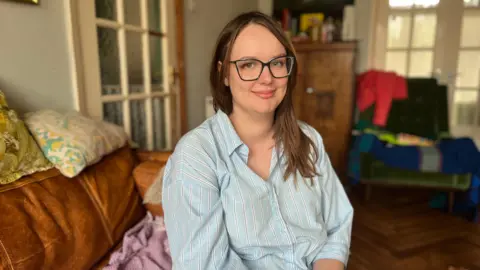 BBC
BBC
Elissa says constipation needs to be screened for in every area of healthcare
A mother who feared her two-year-old son's untreated constipation could have killed him is calling for access to children's continence services to be made a national priority.
Elissa Novak said Ivan was constantly vomiting, losing weight and in severe pain when it was at its worst, and a doctor said 2kg of his 10kg (22lb) body weight was estimated to be stool.
The number of children aged up to 16 admitted to English hospitals suffering with constipation, among other symptoms, is at a 10-year high, with more than 44,000 admissions in 2023-24, according to NHS figures.
Children are being failed by the absence of dedicated bladder and bowel services in some parts of the country, an expert said.
About 1.5 million children in the UK suffer with constipation, according to the charity Bladder and Bowel UK.
As many children returned to school this week, charities have told the BBC they are seeing a spike in calls to their helplines.
"It's a huge problem and many healthcare professionals don't consider it a serious issue in children," said Davina Richardson, a children's specialist nurse with the charity.
"Discussing wee and poo is very un-British. It's not something that we as a culture do."
Elissa said Ivan, who is now aged five, had been "completely robbed of his toddler years" due to health issues resulting from constipation.
He was admitted to hospital 25 times in one six-month period in 2022 for emergency treatment.
"It was horrific," Elissa said. "He was so frail he couldn't lift himself up or do anything.
"He was in pain all the time and either screaming or just lying there because he was too weak."

 Elissa Novak
Elissa Novak
Ivan became severely underweight as a result of constipation
Elissa, 35, from Nuneaton, Warwickshire, said she had constantly gone to her GP to try to get help and answers.
At that time in Warwickshire, there was no bowel or bladder community service, which meant they were going to A&E up to four times a week.
It was only when things got to a crisis point that Elissa was told constipation was causing Ivan's pain.
She thinks he would have died had there been any further delay in treating it.
Elissa was told Ivan's entire colon was impacted, which had pushed up into his lung cavity and compromised his lungs.
'Signs missed'
"His stomach was squashed. All of his organs were being pushed out of the way," Elissa said.
"We were in A&E for up to 12 hours at a time... just waiting for an enema of all things.
"It was a very horrible time. It was so traumatic for everybody."
Ivan has two genetic syndromes which affect his cognitive functions.
Elissa thinks this played a part in the signs being missed and constipation not being diagnosed sooner.
"It was seen as 'that's just what disabled children are like'. We did actually have one consultant who said 'disabled children just scream'," Elissa said.
"It wasn't looked into properly, it wasn't taken seriously until he was really at crisis point. His signs of pain weren't recognised. It was just a perfect storm really."

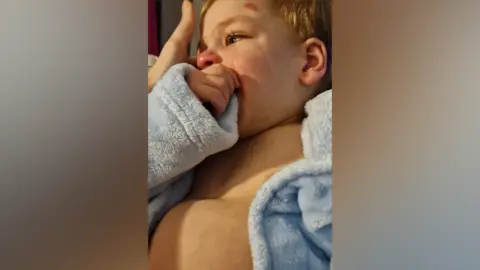 Elissa Novak
Elissa Novak
Ivan's stomach became extremely swollen due to impacted stools
Ivan now has a care package so his constipation can be managed at home with laxatives and daily bowel wash outs.
"It is a huge part of his life and a huge part of his day. He still suffers pain but it's so much better," his mother said.
Elissa is campaigning for better bladder and bowel care services across the country.
"People are falling through the cracks," she said.

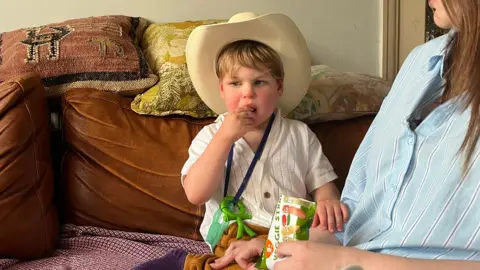
Ivan has laxatives and daily bowel irrigations to manage his constipation
Tips for parents and carers
Here are some of the ways to prevent a child from becoming constipated:
- Ensure your child's diet includes plenty of fruit and vegetables
- Make sure children are drinking enough water-based drinks daily - dehydration can make constipation more likely or worse
- A good toilet position is also helpful. Children need their bottom and the backs of their thighs well supported. Feet need to be flat on a firm surface with knees slightly higher than hips, as that helps relax the pelvic floor
Source: Bladder and Bowel UK
Brenda Cheer, a paediatric specialist continence nurse with children's bowel and bladder charity Eric, said children's constipation was on the rise for a number of reasons, including delayed potty training and today's generation of children spending more time in childcare.
She said children were being failed in areas where there was no dedicated children's continence service.
"There's huge disparity of those services," she said.
"Where is the parent supposed to go? How are they supposed to get the help they need? How is a family supposed to access support if there is no children's bladder and bowel nurse?"
Constipation can be treated in the community and should not require a hospital admission, but is not being recognised, Ms Cheer added.

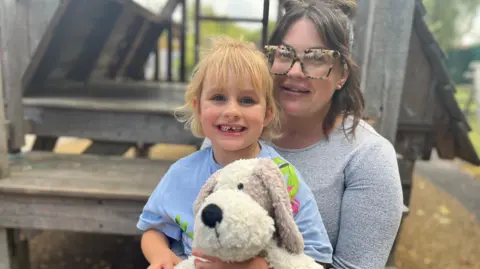
Holly described feeling "broken" as a parent at not being able to get Ayda help
Holly Brennan told the BBC her daughter Ayda had suffered with chronic constipation for three years and she had been in "turmoil" at the lack of help.
It started when Ayda got a virus when she was two years old and spiralled from there, Holly said.
The 31-year-old described going to her GP six times and being prescribed laxatives to treat it - but not being given any guidance on how to use them, and said she had been told her daughter would grow out of it.
When it was at its worst, Ayda, now five, would have up to 15 accidents a day.
Holly, from Clevedon, Bristol, said: "It was three years of hell. She very much didn't grow out of it.
"We didn't want to go out for day trips because you wouldn't know where the toilet would be and she was constantly having accidents.
"It was just complete stress and caused arguments between my husband and I [about] how to deal with it. It upset her [Ayda] and you try not to get cross with them but it's just frustration and it just affects everything."

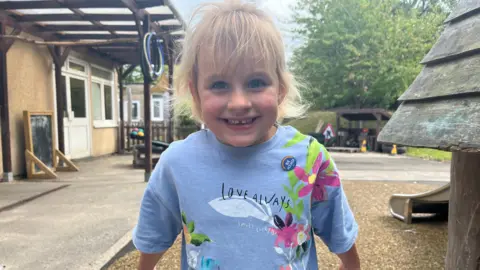
Holly said it was really upsetting not being able to get help for Ayda's constipation
Sometimes it would take Ayda a week to go to the toilet because she associated it with pain, her mum explained.
"It was a vicious circle. It was just complete turmoil... something that everyone just used to say she would grow out of or 'it's a phase' or 'she just needs to learn'," Holly added.
"Our life literally revolved around the toilet for three years."
Holly was not referred for further treatment for Ayda or told about children's continence services that could help.
She said it felt like "the blind leading the blind" with several doctors unable to advise her and she had reached a dead end.
It was only when she was told about the charity Eric that things started to get better.
"There was finally an answer on how to help her," Holly added. "It [the website] described my child."
Ayda is now off laxatives and able to control her bowels.
"I'm very proud of her and how she's coped. She's taken it all in her stride," Holly said.
A Department of Health and Social Care spokesperson said it is committed to ensuring children get the right care and support when they need it for conditions such as constipation.
In a statement, it said: "As part of our 10-year health plan, neighbourhood health services will bring together teams of professionals closer to people's home to provide comprehensive community care.
"We will also strengthen health visiting services so all families have access to high-quality, personalised support."
Jodie Gosling, MP for Nuneaton and who chairs the all-party parliamentary group for bladder and bowel continence care, said constipation had fallen low on the list of priorities facing local council and integrated care boards.
She said children's continence care "has been a silent casualty of chronic underfunding and reactive healthcare".
"This leads to a postcode lottery, where even high-need areas fail to address issues like constipation adequately."

 German (DE)
German (DE)  English (US)
English (US)  Spanish (ES)
Spanish (ES)  French (FR)
French (FR)  Hindi (IN)
Hindi (IN)  Italian (IT)
Italian (IT)  Russian (RU)
Russian (RU)  2 hours ago
2 hours ago
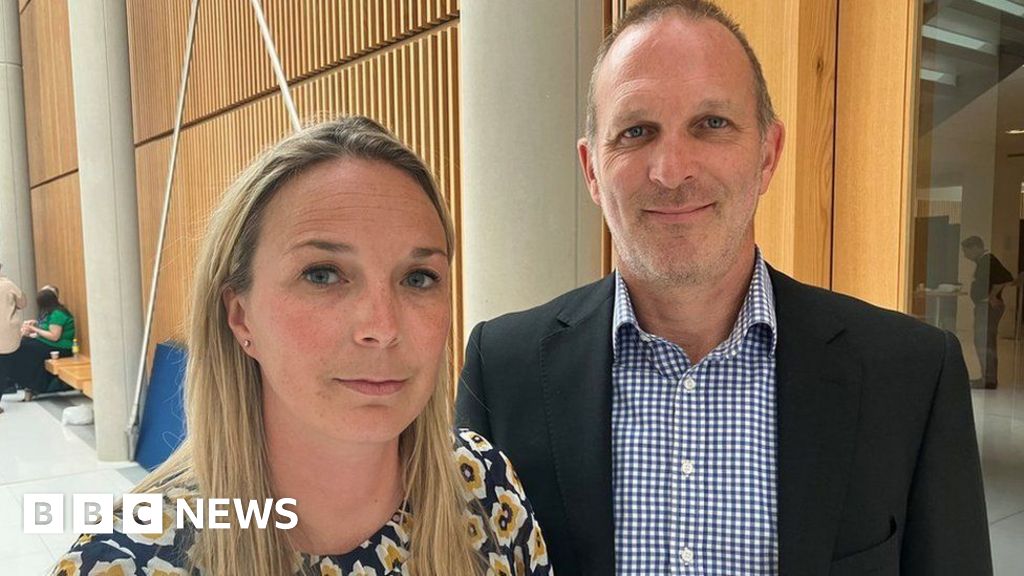
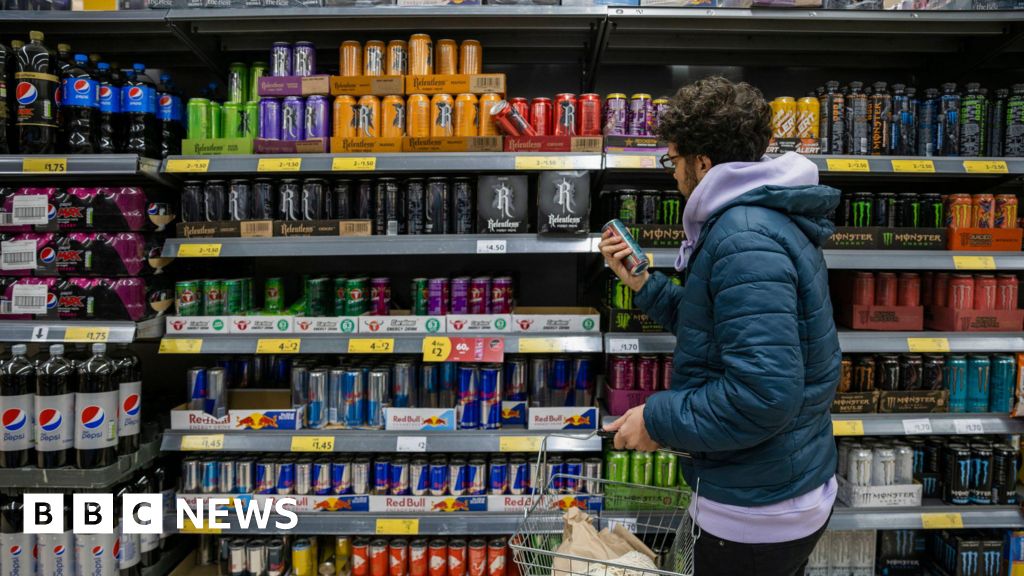
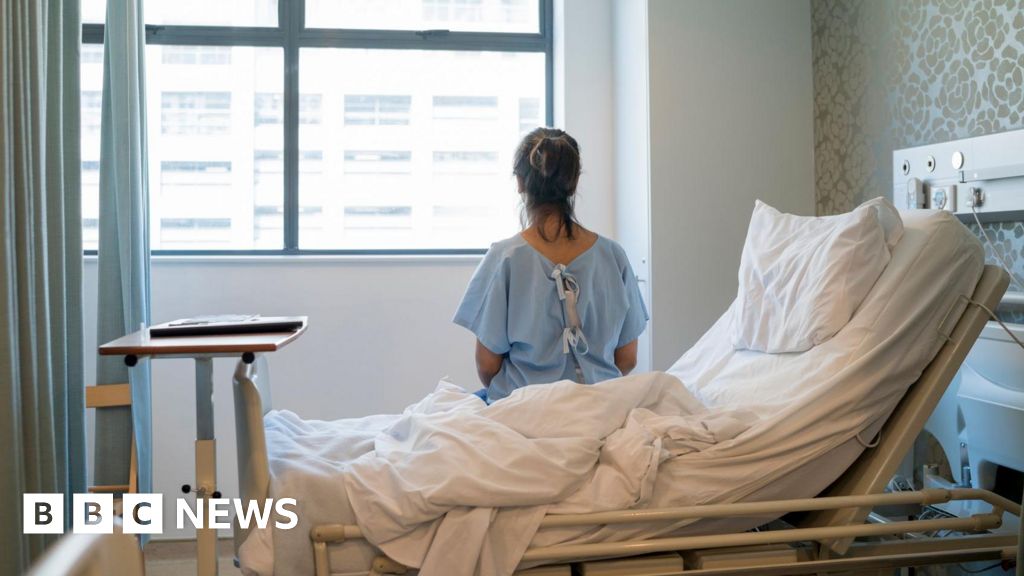

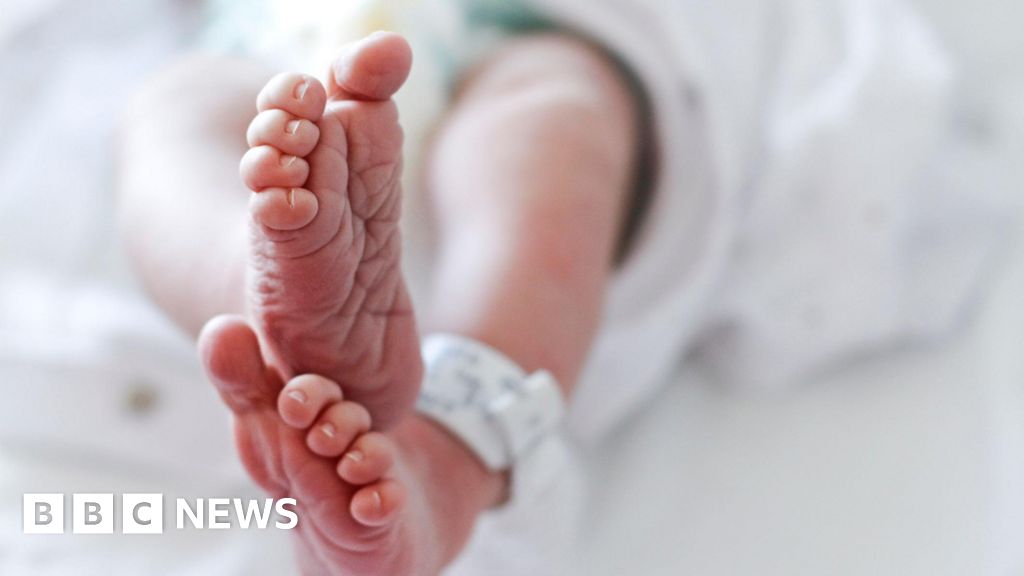
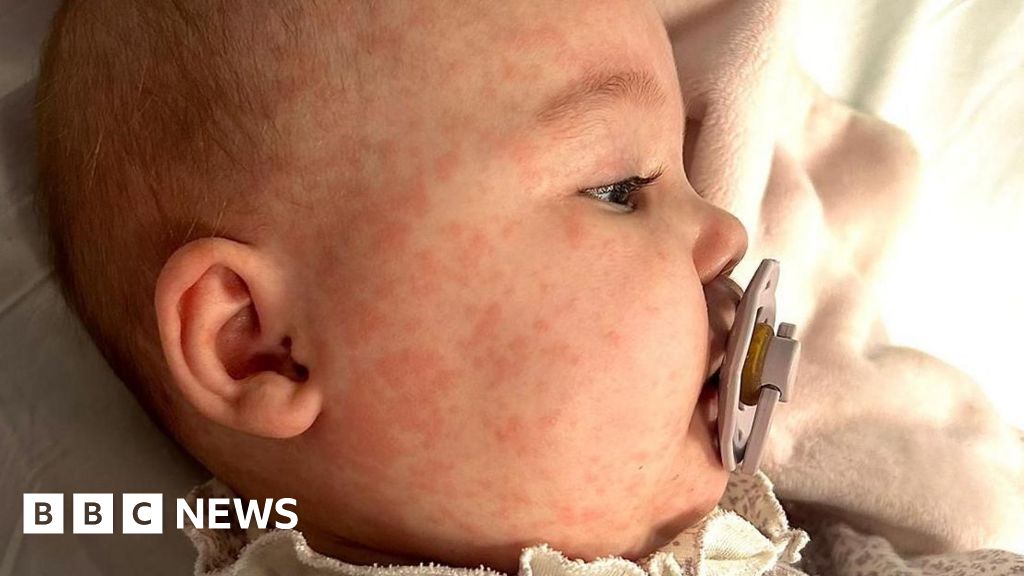
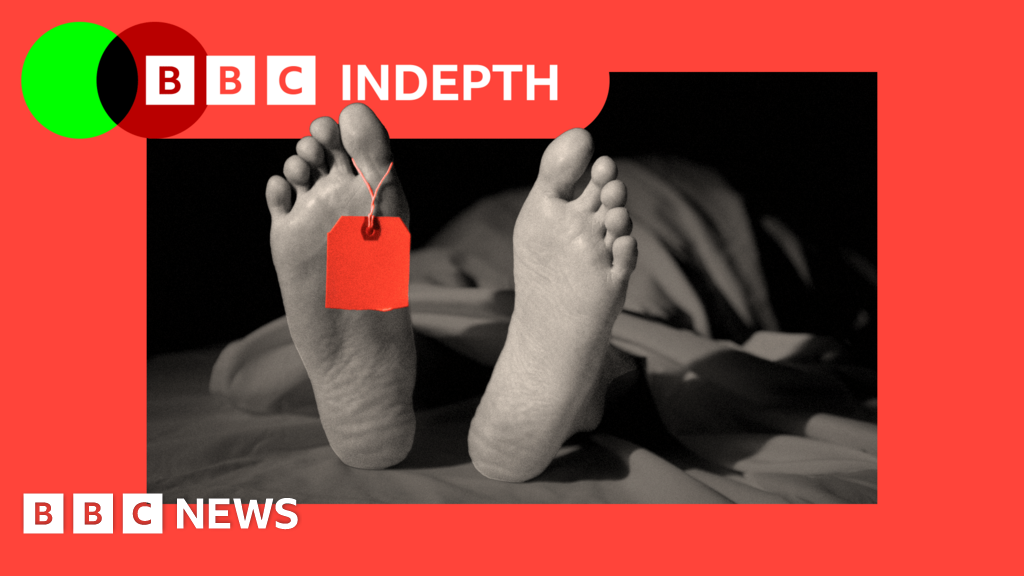
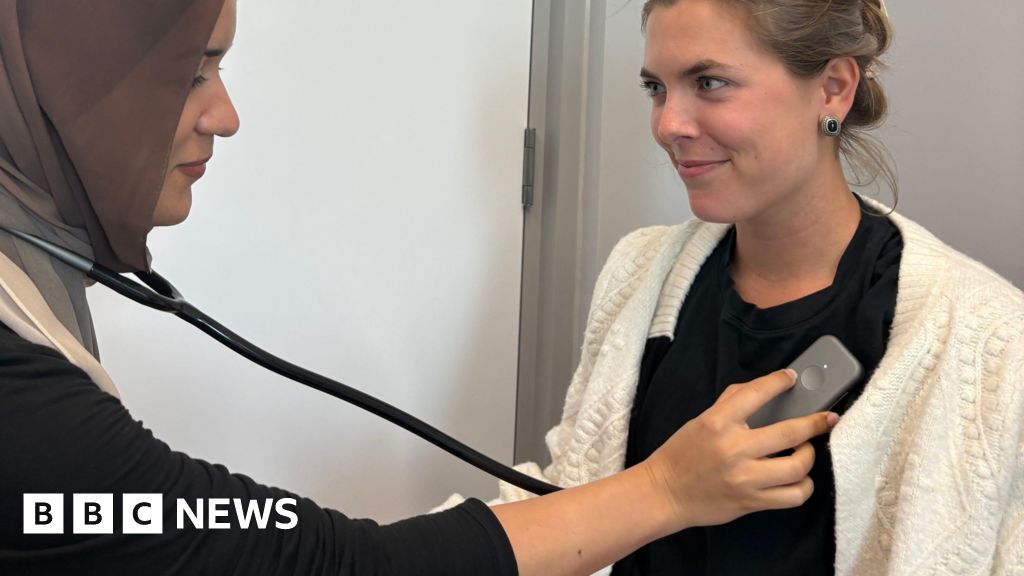
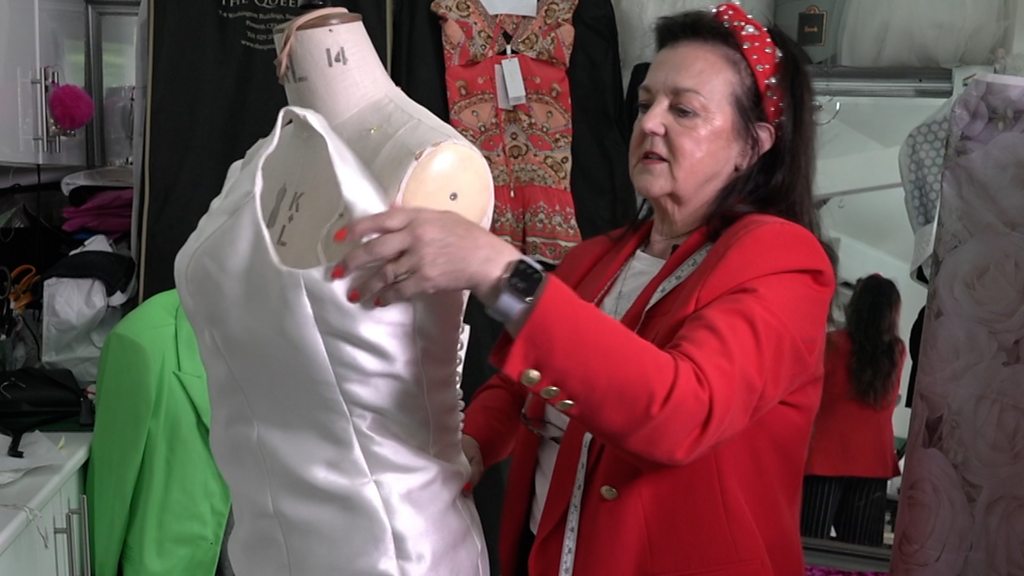

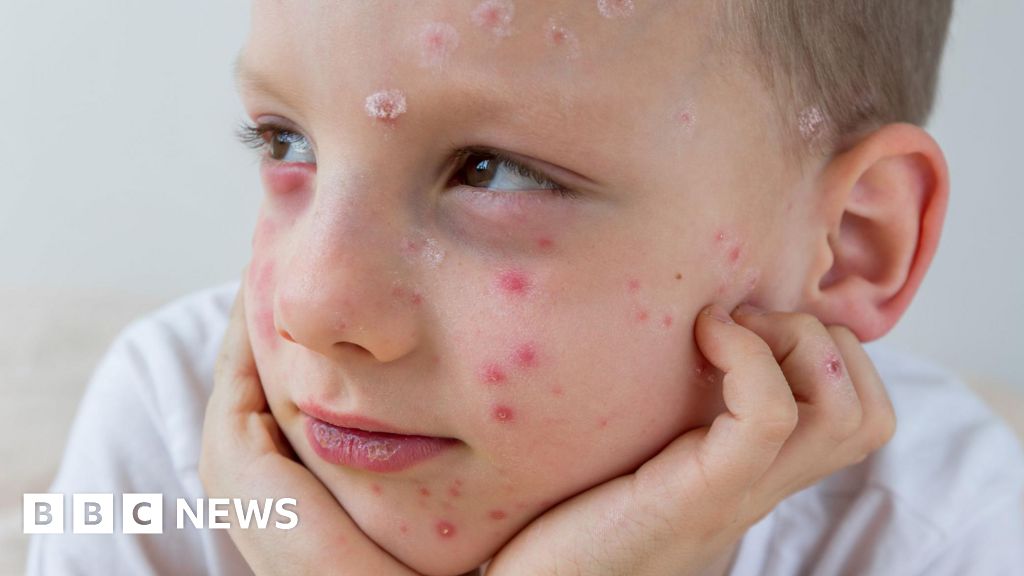
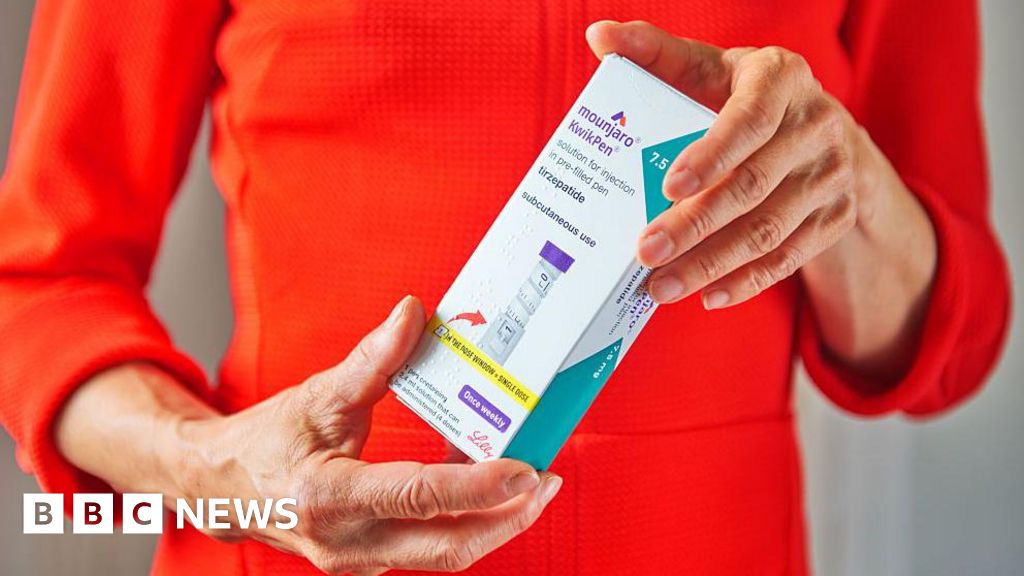



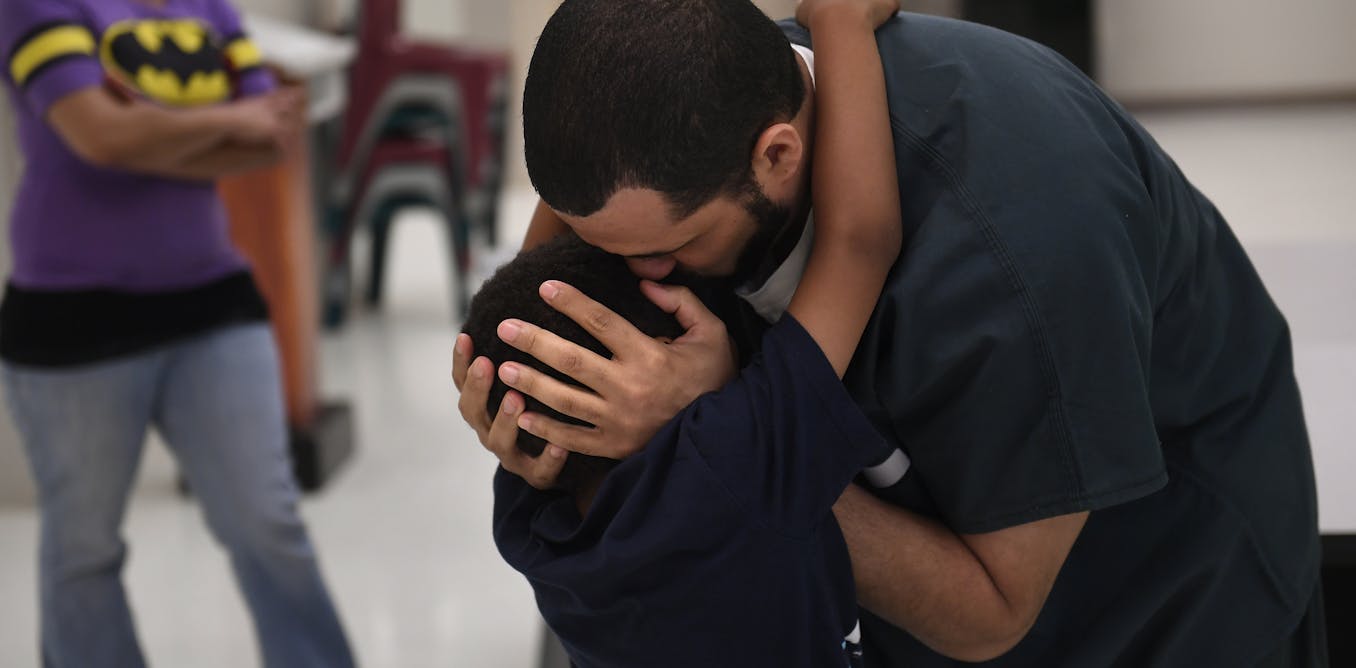








Comments